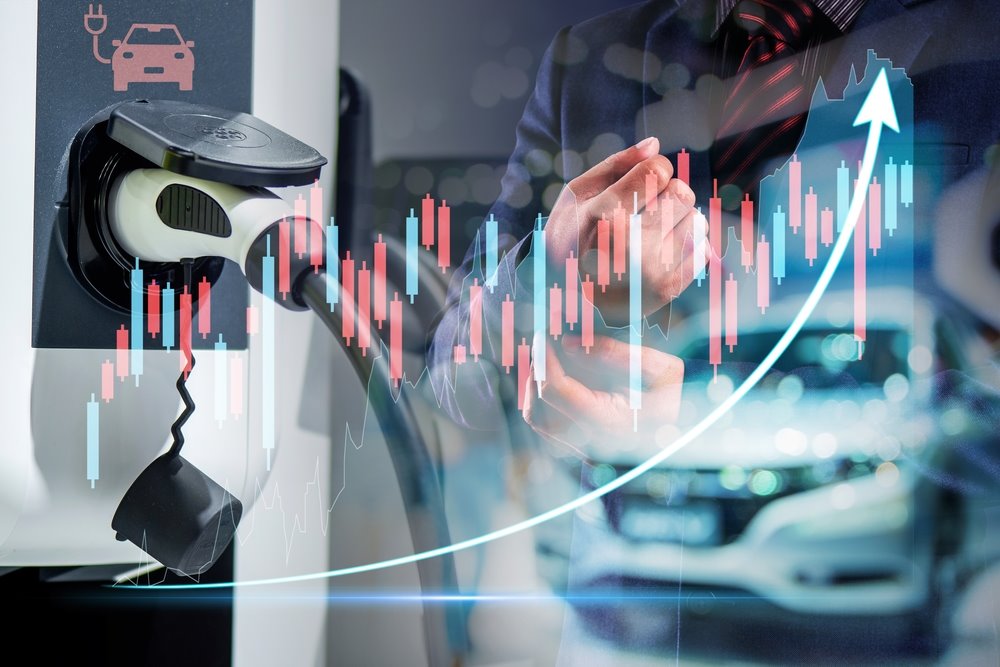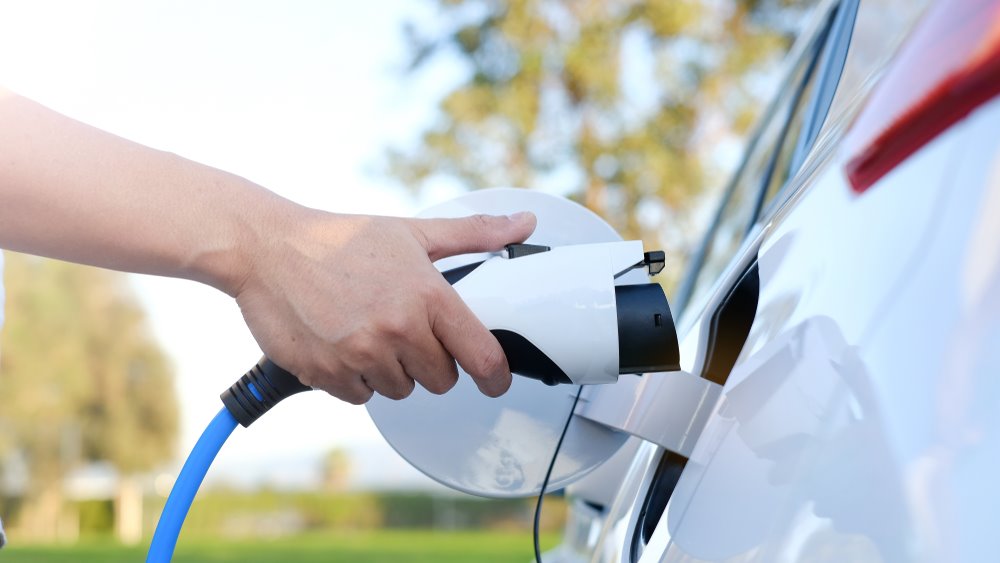
The battery-powered vehicle charging revolution is moving at an electric pace, with global investment predicted to pass $100 billion and large-scale 'mega charging hubs' popping up across Europe.
These new energy "superhubs" such as those in the UK and Southern Spain are having a dramatic impact on their respective areas – decarbonizing transport and super-charging the local economy.
The new hub in Oxford UK alone offers ultra-rapid charging for up to 42 vehicles at once and is expected to be scaled up to 400 vehicles when at full capacity.
Dover Fueling Solutions (DFS) explore the expansion of EV charging networks - and explain how investing in sustainable transport infrastructure can put a spark back in the European economy.

Where is investment happening?
In addition to these super-sized stations, investment in other countries continues apace, especially in western Europe.
The Netherlands and Germany remain market leaders with 29.4% and 19.4% of EU charging points respectively. So, despite making up only 10% of the land mass of Europe, the two countries contain 50% of its EV charging points - with Eastern Europe lagging behind.
In smaller countries such as Lithuania and Estonia, infrastructure remains in its infancy with just 207 and 385 charging points respectively. Some experts predict that these stations will initially sit alongside major 'trunk' roads, which experience a high traffic volume per day with few having the luxury of home charging.
How are networks expanding?
EV infrastructure has long been a "chicken and egg" scenario – should adoption follow infrastructure or vice versa?
Investment is underpinned by a mix of public and private sector spending. In 2022, the EU poured 292.5 million euros of funding into 24 greener mobility projects while BP is pledging £1 billion to triple its number of charging points by 2030.
Generally, the biggest barrier to adoption remains access to convenient charging points; however Germany does show that bigger infrastructure increases EV adoption.
David McGuinness, Director of Product Management and Electric Vehicle Charging at DFS, explains: "While Europe is certainly making strides in electrifying its transport, more needs to be done by authorities to improve access to 'the plug'.
"Dependable, renewable energy infrastructure is required to feed the grid with a need to create a consumer-centric recharging model that serves the practical needs of EV drivers.
"As local governments begin to embrace this, companies can deliver high-quality fast chargers to market."

How does EV infrastructure affect the economy?
Investing in infrastructure can bring huge economic benefits too. The UK government highlights five key areas it can affect the economy – planning, regeneration, business growth, tourism and inward investment.
Benefits not only include the initial cost of installing hubs and the job creation this entails but can also benefit the economy for years to come. The increased dwell time associated with EV charging for instance, can positively impact revenue on a community.
Just as fueling solutions are hubs for generating revenue, new charging networks will have a ripple effect on the economy. Workers and business owners will be more inclined to frequent fast-food restaurants, convenience stores and local shopping.
Job creation benefits are significant due to installation and maintenance processes requiring skilled labour such as electricians, engineers and technology experts. Other non-mechanical jobs can open up, too, including customer service, marketing and environmental.
In developing countries, the effects are even more pronounced.
A new World Bank report provides a compelling economic argument for the increased use of new technologies in developing countries. Advantages range from improved air quality to less traffic congestion and decreased dependence on fossil fuels, all of which cause less strain on the economy.
In addition, EV adoption can help develop an environmentally friendly image – attracting eco-conscious individuals and businesses to visit and trade.
Original story at https://www.doverfuelingsolutions.com/